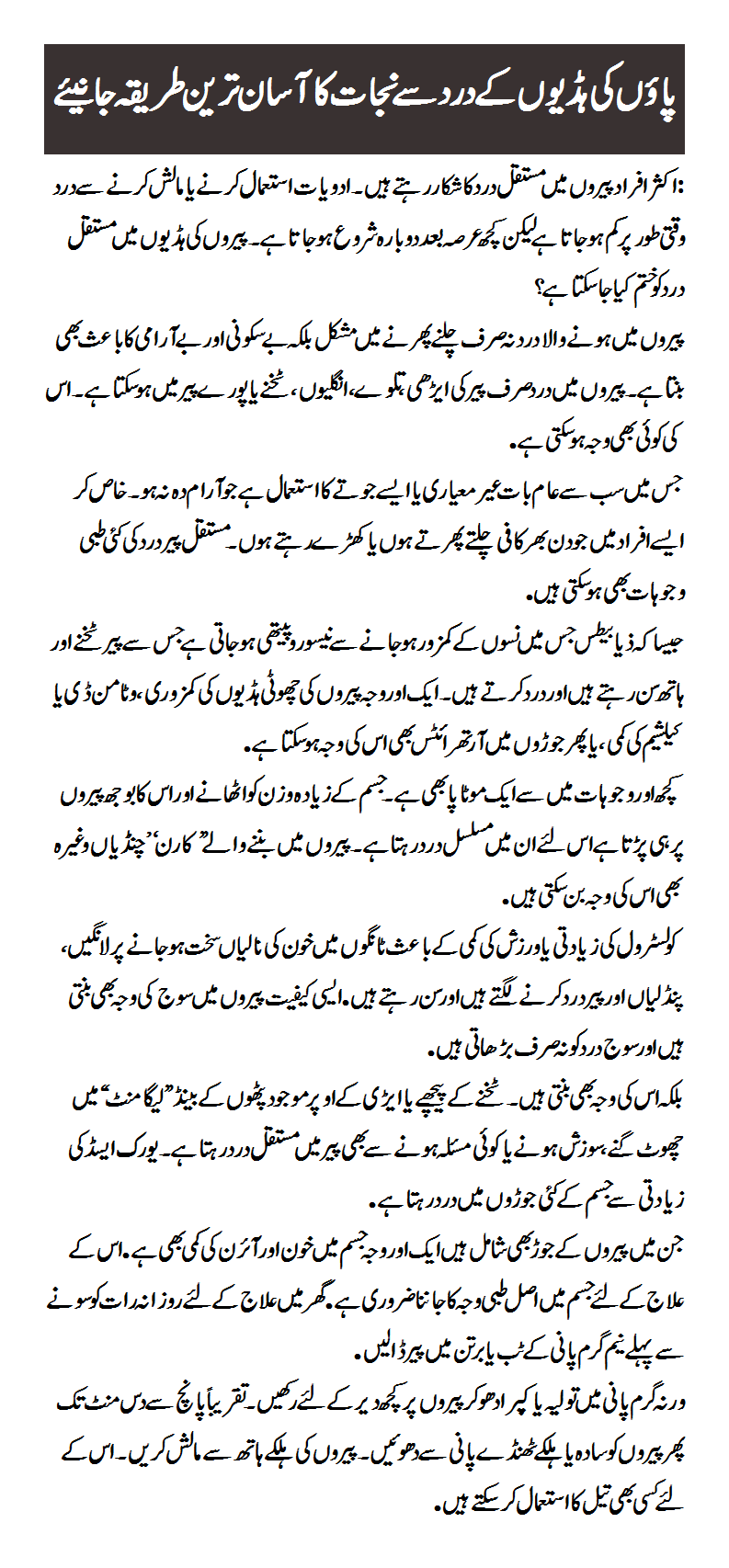Dubai: It’s important to keep your bones and muscles strong and healthy in order to be able to tackle runs of all distances and efforts. And while logging miles regularly and cross-training no doubt help, certain minerals do, too.Among them? Calcium—which also happens to be one of the body’s most important minerals in general, according to Victoria Kang, D.O., family medicine physician with a subspecialty in sports medicine at Cedars-Sinai in Los Angeles.
“Calcium is a token to get different body organ systems to work, and it forms and maintains healthy bones, since most calcium is stored in your bones,” she told Runner’s World. “Calcium also helps your heart muscles pump and transmits signals to your nerves so your muscles contract.”
Based on guidelines from the Institute of Medicine (IOM), adults should get 1,000 milligrams (mg) of calcium per day. However, Kang suggests that if you’re pregnant or breastfeeding, you should up your daily intake to 1,200 mg to 1,300 mg. For context, Parmesan cheese has 331 mg of calcium per ounce (28 grams), and 8 ounces (oz) of plain, full-fat yogurt has 274 mg of calcium.
If you’re low on calcium over an extended period of time, it can lead to weakened bones and an increased risk of fractures, according to Nicole Lund, M.S., R.D.N., clinical nutritionist at NYU Langone Health’s Sports Performance Center.
Not sure if you’re getting enough calcium? While Kang says there are no immediate symptoms of a calcium deficiency, you will start seeing signs after a while. Here are five to look out for that might point to a consistent lack of the mineral—plus what you can do to increase your intake.
